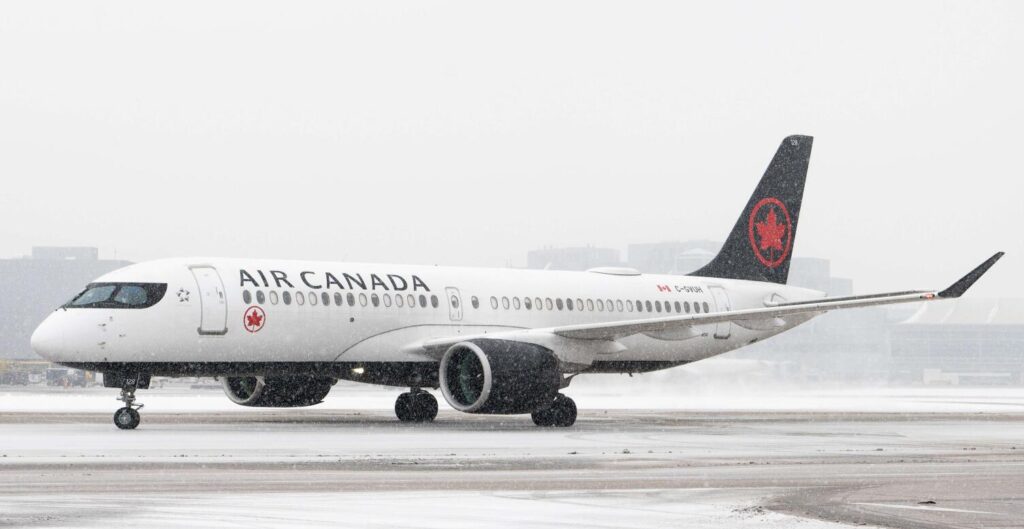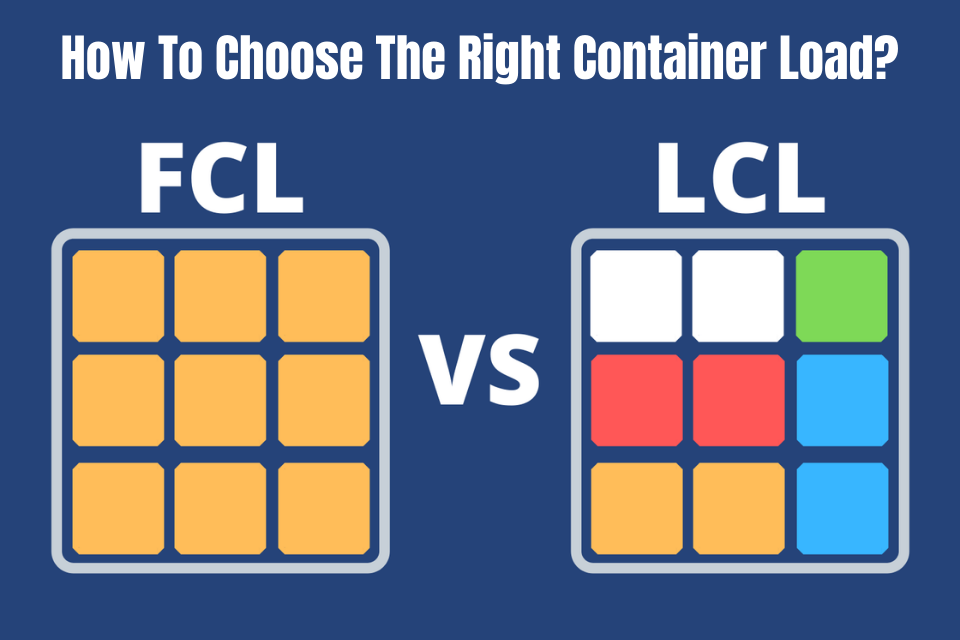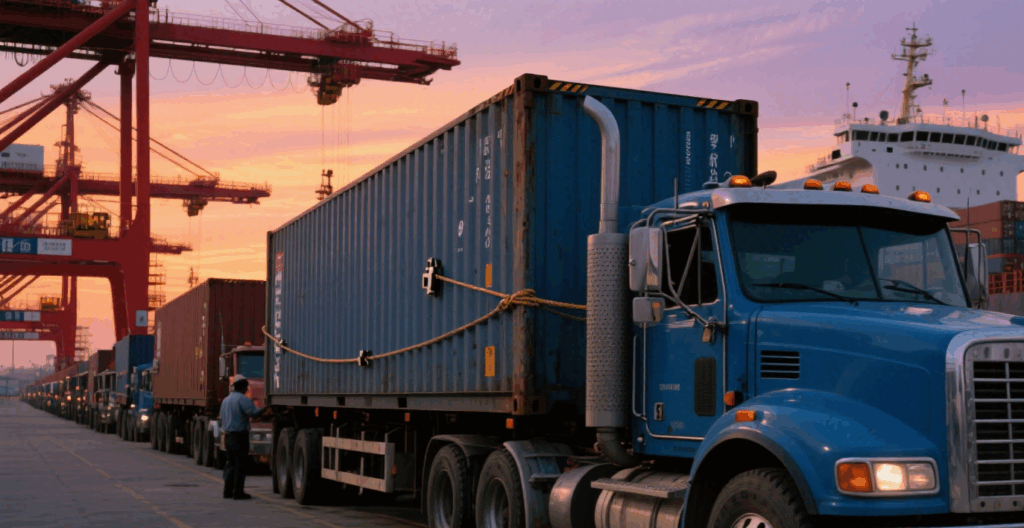- By Della tj
- October 13, 2025
- Customs Brokerage, Shipping
Shipping goods between China and Singapore involves multiple steps, from export declarations to tax assessments. Without expert guidance, importers risk costly errors or shipment delays. A reliable customs broker China to Singapore offers the expertise needed to manage documentation, duties, and inspections efficiently. Skilled brokers help your business maintain compliance while minimizing time and expense across the supply chain.
Why Working with a Customs Broker Matters
Import regulations between China and Singapore are detailed and often updated. Each shipment requires correct tariff classification and accurate documentation. Experienced brokers handle these complexities with confidence. Moreover, they ensure that your cargo complies with both Chinese and Singaporean standards before departure.
Without a professional customs broker China to Singapore, minor documentation errors can trigger long port holds or fines. Additionally, brokers maintain communication with freight forwarders to coordinate every stage of clearance. Their oversight reduces risks, saves hours of processing, and prevents unnecessary penalties from customs misdeclaration.
Shipping Methods and Transit Comparison
Every transport mode offers distinct advantages. Air freight, sea freight, and express delivery each balance speed and cost differently. The table below provides an overview for importers.
| Mode | Transit Time (Days) | Average Cost | Advantages | Limitations |
|---|---|---|---|---|
| Air Freight | 1–5 | USD 5–18/kg | Fast delivery, ideal for urgent cargo | Expensive for bulk goods |
| Sea Freight (FCL) | 7–15 | USD 1,000–2,500/container | Best for high volume | Slower schedule |
| Sea Freight (LCL) | 10–20 | USD 5–25/CBM | Cost-effective for smaller loads | Risk of consolidation delay |
| Express / Courier | 3–7 | Variable | Convenient and trackable | Higher per-kg cost |
Importers with perishable or high-value goods often choose air routes, while bulk commodities move more economically by sea. Brokers guide clients toward the most balanced option.
Customs Documentation Checklist
Paperwork accuracy determines how quickly your shipment clears customs. Incomplete or inconsistent records often cause detention or fines. Below is a standard list of required documents.
| Document | Purpose |
|---|---|
| Commercial Invoice | Shows value, HS code, and transaction details |
| Packing List | Lists package weight, dimensions, and contents |
| Bill of Lading or Air Waybill | Confirms transport contract |
| Export Declaration | Filed with Chinese Customs |
| Import Permit | Needed for controlled items |
| Certificate of Origin | Enables tariff exemptions |
| Insurance Certificate | Confirms cargo coverage |
| Inspection or Quarantine Form | Mandatory for specific products |
| Business Registration | Verifies importer credentials |
| Customs Value Declaration | Establishes GST or duty calculation |
A qualified customs broker China to Singapore verifies each form for accuracy, ensuring smooth clearance and compliance with both authorities.

Case Studies: Real Import Scenarios
Case 1 – Air Freight Electronics
Origin: Shenzhen
Cargo: Circuit boards (high value)
Weight: 250 kg
Mode: Air freight
Freight Cost: USD 8/kg → USD 2,000
Transit: 4 days total
Broker Role: HS classification, export filing, import GST declaration
Case 2 – Sea Freight Furniture
Origin: Shanghai
Cargo: Office desks and chairs
Mode: FCL Sea Freight
Cost: USD 2,400 (40 ft container)
Transit: 17 days door-to-door
Broker Role: Managed certificates, import permits, and delivery coordination
These examples highlight how transport mode and preparation directly influence efficiency and final costs.
Cost Factors for Customs Brokerage
Brokerage fees differ by complexity and shipment value. The following table summarizes typical ranges:
| Cost Element | Fee Range (USD) |
|---|---|
| Basic Customs Clearance | 50 – 200 per shipment |
| Value-Based Fee | 0.1% – 0.5% of CIF value |
| Documentation Review | 30 – 80 |
| Permit Application | 20 – 100 |
| Inspection Handling | 40 – 120 |
Transparent pricing builds trust. Importers should always request detailed quotations and confirm whether surcharges such as demurrage or storage are excluded.
Selecting the Right Customs Broker
Choosing an effective partner determines your overall logistics efficiency. Consider these vital factors:
- Proper Licensing – Must be authorized in both China and Singapore.
- Proven Expertise – Experience in handling varied cargo types.
- Efficient Communication – Frequent updates prevent confusion.
- Digital Tools – E-filing and online tracking improve accuracy.
- Clear Pricing – No hidden or vague fees.
- Regional Coverage – Offices near major Chinese ports.
- Regulatory Knowledge – Awareness of trade laws and tariffs.
Selecting a customs broker China to Singapore with these qualities ensures predictable operations and faster border releases.
How to Prevent Delays and Extra Costs
Planning ahead minimizes customs risks. Importers can maintain efficiency by following these practices:
- Confirm product classification before shipment.
- Obtain permits for restricted goods early.
- Keep documents consistent across all files.
- Reserve buffer days for potential inspections.
- Use strong labeling and protective packaging.
- Request a pre-audit from your broker before export.
- Store records digitally for traceability.
Frequent coordination between importers and brokers ensures quick problem resolution when customs queries arise.
Logistics Trends and Compliance Outlook
Trade between both countries remains strong due to bilateral agreements. However, logistics is evolving in several ways:
- Digital Customs Systems: Automated platforms accelerate inspection.
- Green Shipping Initiatives: Carbon-efficient options attract more clients.
- Regional Fulfillment: Singapore continues serving as ASEAN’s gateway.
- Policy Adjustments: Duty and GST rules update periodically.
- Data Integration: Predictive analytics enhance freight scheduling.
Forward-thinking importers who embrace technology and sustainability enjoy smoother trade experiences and long-term cost savings.
Conclusion
Efficient international trade depends on precision and coordination. Engaging an experienced customs broker China to Singapore ensures documentation accuracy, correct classification, and on-time clearance. By combining professional support with smart transport planning, your business achieves faster delivery and consistent compliance. Trusting a capable broker transforms complex logistics into a smooth, cost-controlled process—strengthening your import performance and long-term competitiveness in Asia’s growing trade network.
Request a Quote
Need a tailored solution for your shipping from China?Let TJ China Freight Forwarder assist you with reliable, cost-effective service.
FAQ:
Q1.How does a customs broker assist in China–Singapore trade?
They handle documentation, duty payment, and clearance, ensuring each import meets compliance and avoids costly shipment delays.
Q2.How long does customs clearance usually take?
It typically completes within one to three business days if all required documents and declarations are correct and submitted promptly.
Q3.Can a broker help with restricted cargo imports?
Yes. Brokers assist in obtaining import licenses, health certifications, or inspection approvals for restricted or regulated goods categories.
Q4.What causes most customs delays for imports?
Incorrect HS codes, inconsistent invoices, or missing certificates often cause clearance delays; professional brokers verify everything beforehand.
Q5.How can importers reduce total logistics costs?
Plan consolidation, choose cost-efficient sea freight, and let your broker manage permits and paperwork to avoid hidden customs charges.




